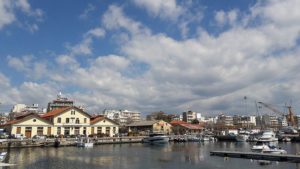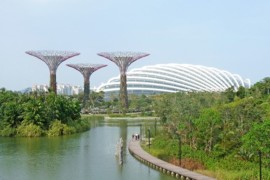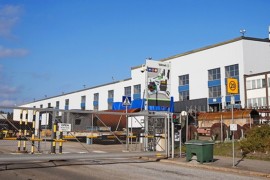In Greece, the seaside town of Alexandroupolis is working on a sustainable district heating system, using geothermal sources. The project is supported by the IRIS Smart Cities project, within the framework of the European Horizon 2020 program.
The Antheia-Aristino low enthalpy geothermal field is considered one of the most important geothermal fields located in Greece, mainly due to the availability of geothermal fluid above 90 ° C and its potential for exploitation.

The exploitation of geothermal resources in the vicinity constitutes an important objective in its strategic plan towards a resilient and carbon neutral local economy. The city is working with a network of sustainable and smart cities to accelerate deployment and improve performance in their work in IRIS Smart Cities.
The investment required for the construction of the geothermal heat network amounts to 6.2 million euros, with the project eligible for funding from the ERDF 2014-2020 regional operational program of the East Macedonia and Thrace region, which decided to fund 95.31% of the project. The remaining 4.69% was invested using the municipality’s own capital.
The project includes the development of a geothermal district heating network that will supply heat to municipal buildings, greenhouses and social housing, with a total thermal power estimated at 10 MW. This project is seen as the first step in harnessing the available geothermal energy.
The municipality aims to extend the geothermal district heating network to potential industrial consumers and residential buildings. The region expects that the project will be implemented and completed within the next 18 months and could therefore be operational by mid or end of 2022.







